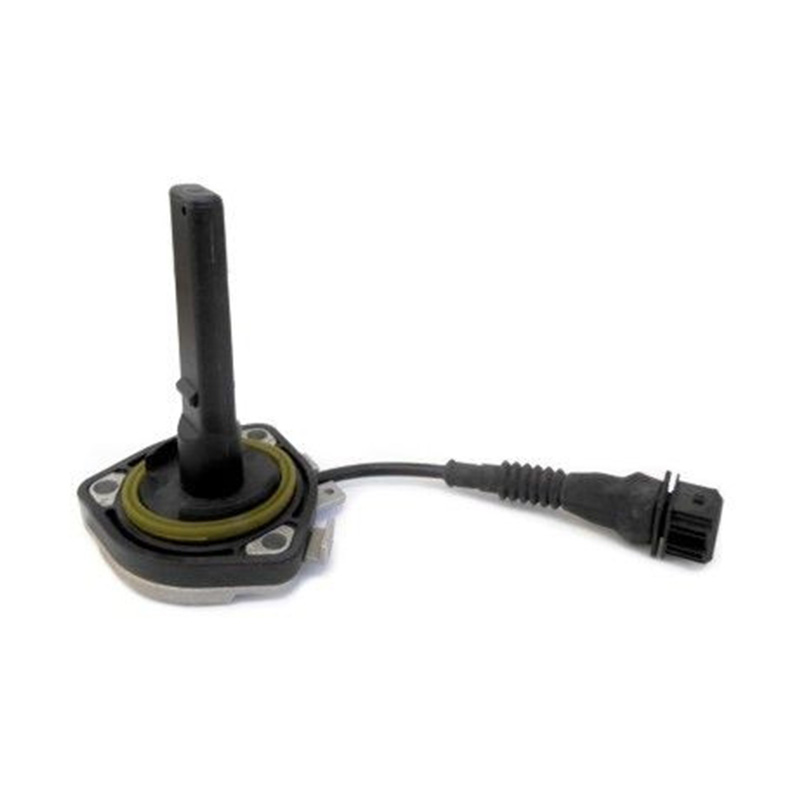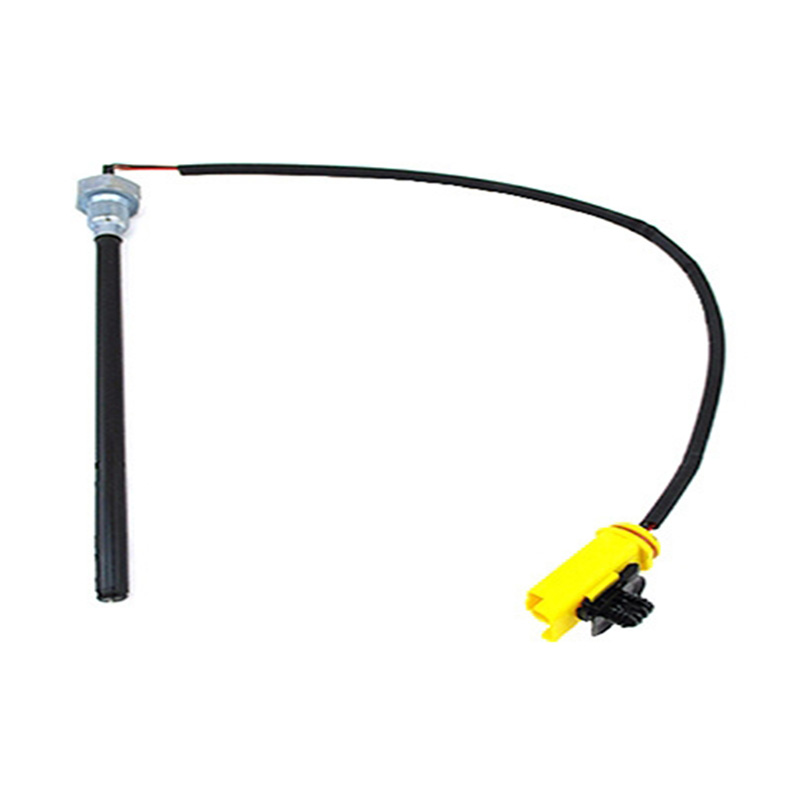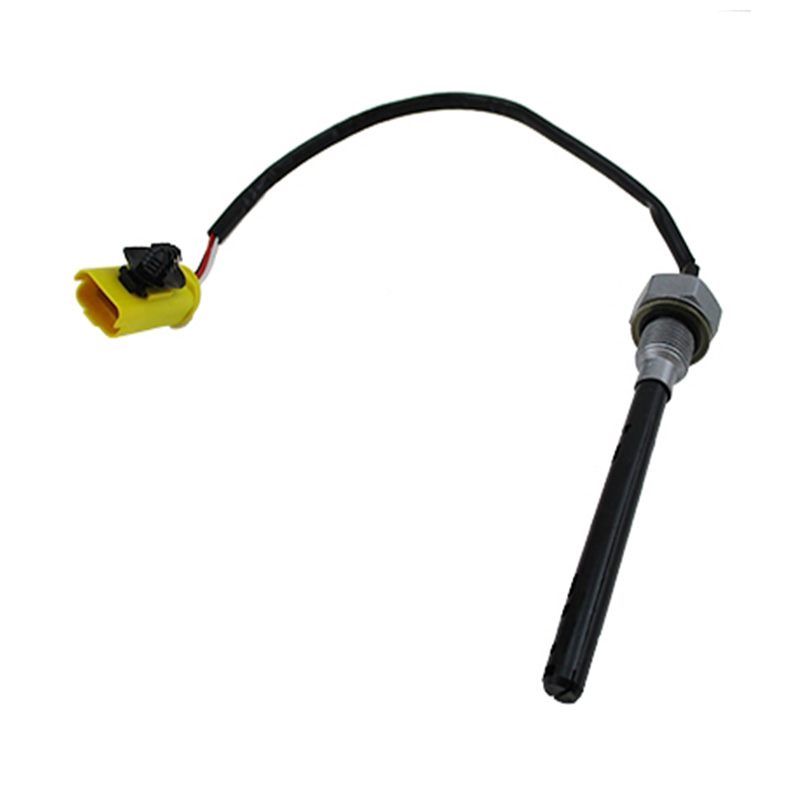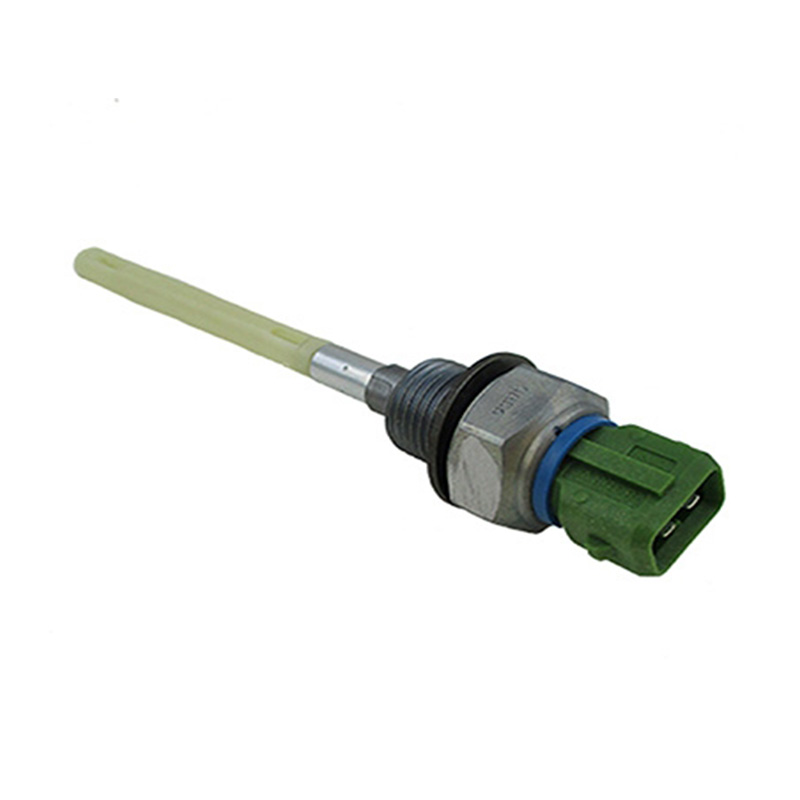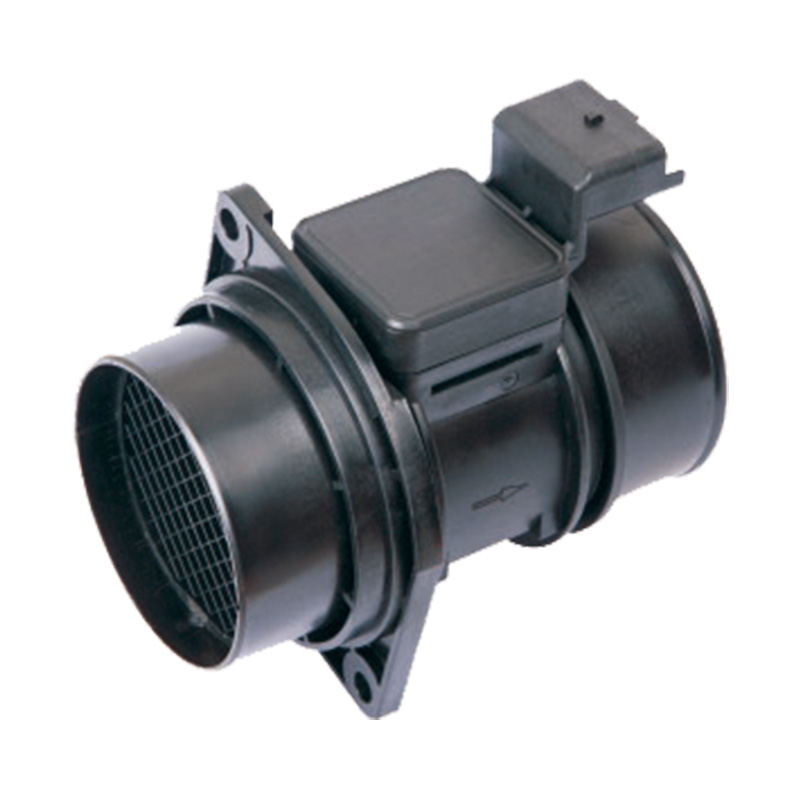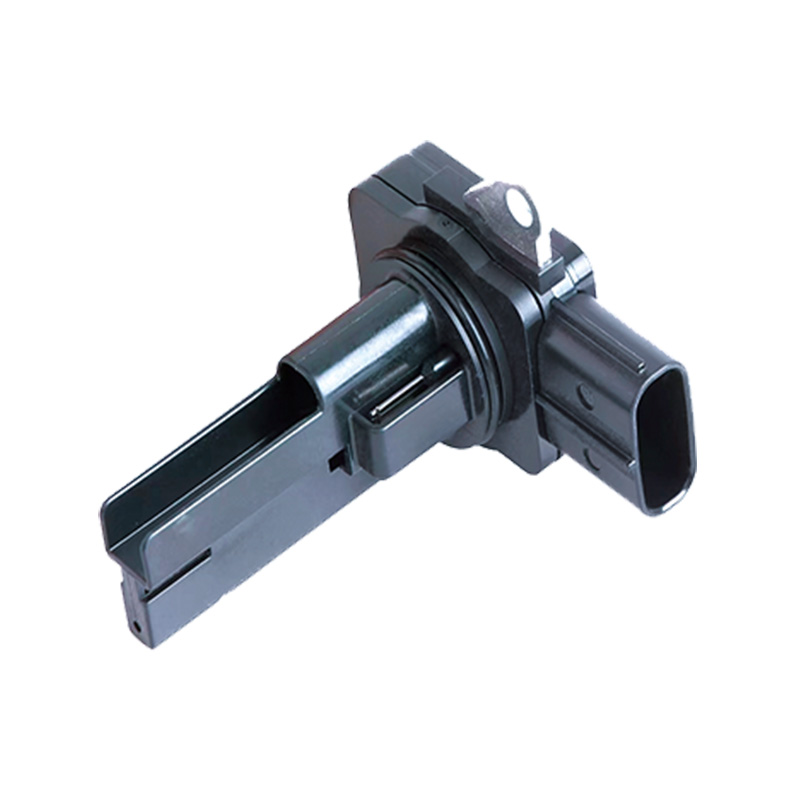OEM.NO: 12611433510. 12617508001. 1433510. 7508001
See DetailsThe Impact of MAF VAF Airflow Sensor Precision on Fuel Efficiency
The precision of air mass flow sensors, commonly referred to as MAF (Mass Air Flow) sensors, MAF flow sensors, or MAF VAF (Volumetric Air Flow) sensors, plays a critical role in the fuel efficiency of internal combustion engines. These sensors measure the amount of air entering the engine, which is essential for determining the correct fuel-to-air ratio for combustion.
The modern automotive industry is increasingly focused on improving fuel efficiency and reducing emissions. One of the key components in achieving this goal is the accurate measurement of air intake, which is where MAF airflow sensors, MAF flow sensors, and MAF VAF sensors come into play. These sensors are vital for the engine's air-fuel mixture management, and their precision can significantly impact the overall efficiency of a vehicle.
How MAF Sensors Work
MAF airflow sensors, MAF flow sensors, and MAF VAF sensors operate on various principles, including hot-wire anemometry, vane rotation, or the use of a heated film. Regardless of the type, their primary function is to measure the mass or volume of air flowing into the engine. This data is then used by the engine control unit (ECU) to adjust the fuel injection rate accordingly, ensuring an good air-fuel mixture for efficient combustion.
The Role of Precision in Fuel Efficiency
1. good Air-Fuel Ratio: The precision of MAF airflow sensors, MAF flow sensors, and MAF VAF sensors ensures that the engine receives the precise amount of air needed for the fuel to burn completely. An incorrect ratio can lead to wasted fuel and increased emissions.
2. Improved Combustion: Accurate measurements from these sensors allow for better combustion, which translates to more power output from the same amount of fuel, thus enhancing fuel efficiency.
3. Regulation of Emissions: By maintaining the correct air-fuel mixture, MAF sensors help reduce harmful emissions, which is not only beneficial for the environment but also for the vehicle's performance and compliance with emission standards.
4. Engine Protection: A precise MAF airflow sensor, MAF flow sensor, or MAF VAF sensor can prevent engine damage caused by an overly rich or lean fuel mixture, which can lead to reduced engine life and increased maintenance costs.
Common Issues with Imprecise MAF Sensors
1. Poor Performance: An imprecise MAF airflow sensor, MAF flow sensor, or MAF VAF sensor can lead to sluggish acceleration, stalling, and a lack of power.
2. Increased Fuel Consumption: If the sensor fails to provide accurate readings, the engine may use more fuel than necessary, professional to decreased fuel efficiency.
3. Rough Idle: An inaccurate air-fuel mixture can cause the engine to idle roughly, affecting the overall driving experience.
4. Check Engine Light: A faulty MAF airflow sensor, MAF flow sensor, or MAF VAF sensor is often one of the most common reasons for the check engine light to be illuminated.
Maintenance and Calibration
Regular maintenance and calibration of MAF airflow sensors, MAF flow sensors, and MAF VAF sensors are essential to ensure their precision and good performance. This includes cleaning the sensor to remove any dirt or debris that may interfere with its operation and recalibrating it according to the manufacturer's specifications.
The precision of MAF airflow sensors, MAF flow sensors, and MAF VAF sensors is paramount for achieving high fuel efficiency in vehicles. By ensuring the accurate measurement of air intake, these sensors enable good combustion, reduced emissions, and improved engine performance. It is crucial for vehicle owners to be aware of the importance of these sensors and to maintain them properly to enjoy the full benefits of their functionality.
In conclusion, the precision of MAF airflow sensors, MAF flow sensors, and MAF VAF sensors is not just a technical detail; it is a critical factor that directly influences the fuel efficiency and overall performance of a vehicle. By understanding the role these sensors play and taking the necessary steps to maintain their accuracy, drivers can optimize their vehicles for better fuel economy and a more sustainable driving experience.
